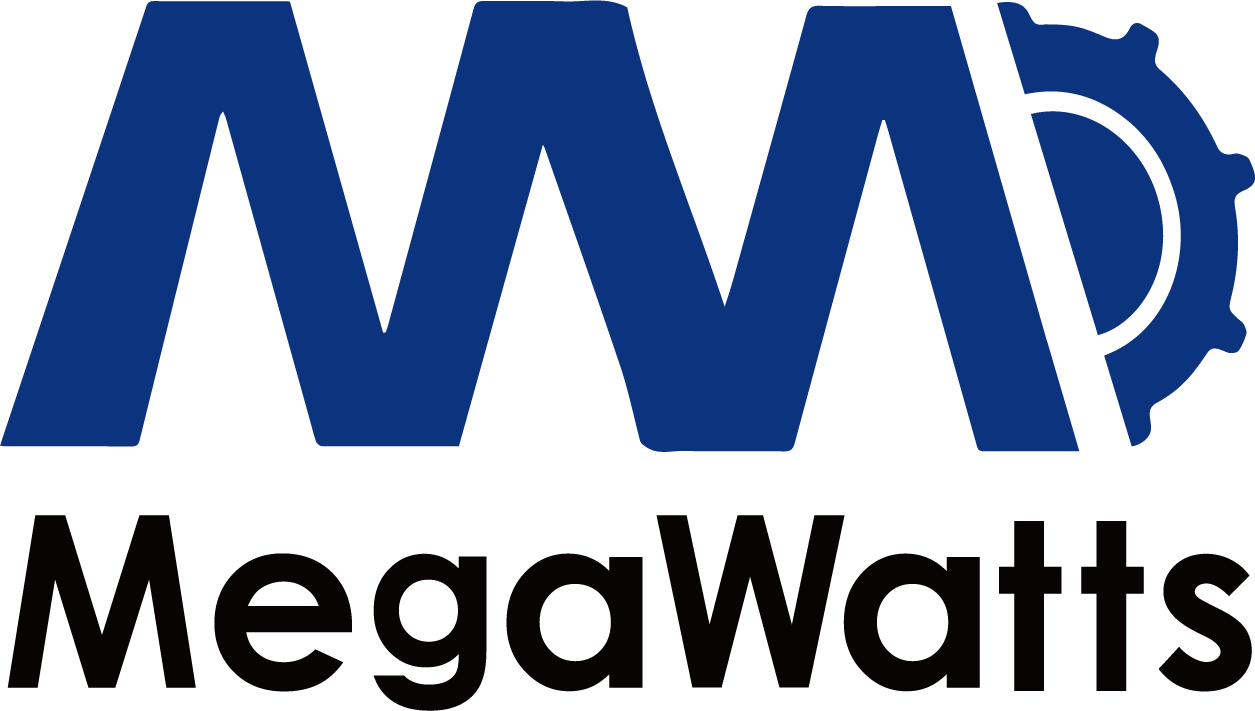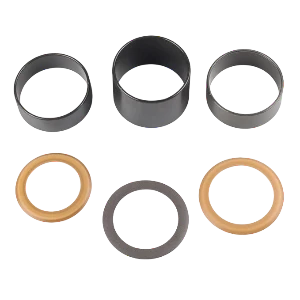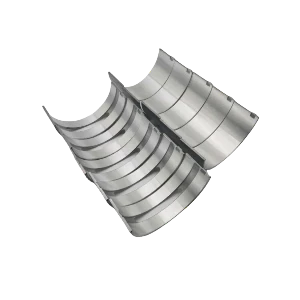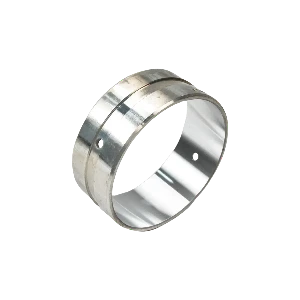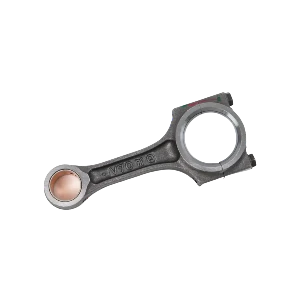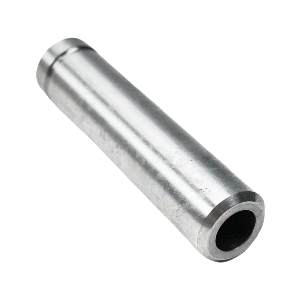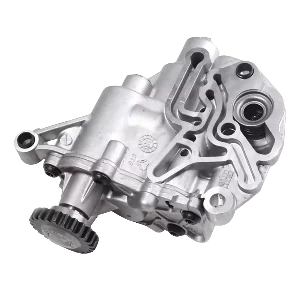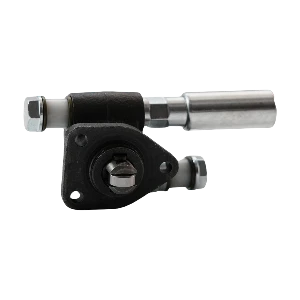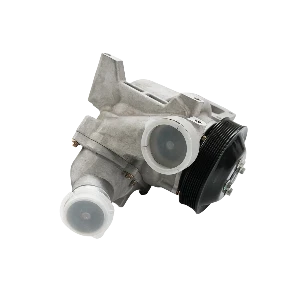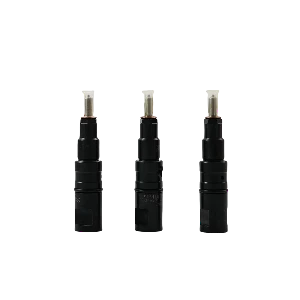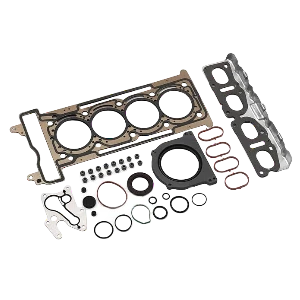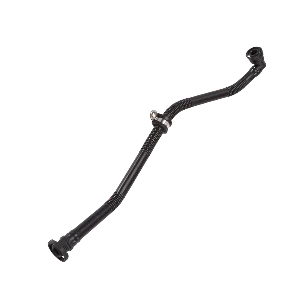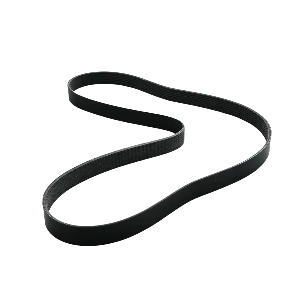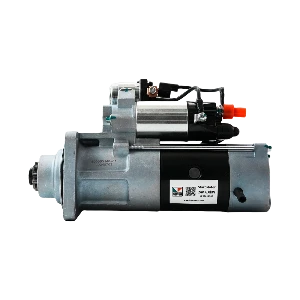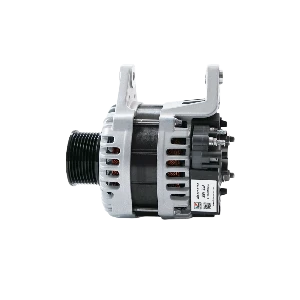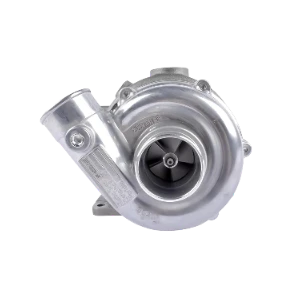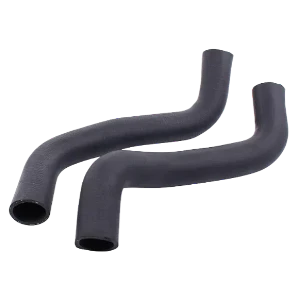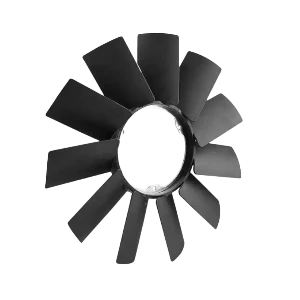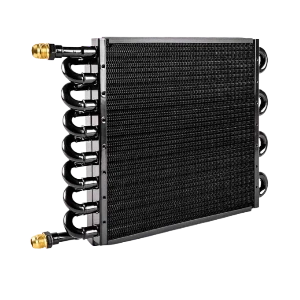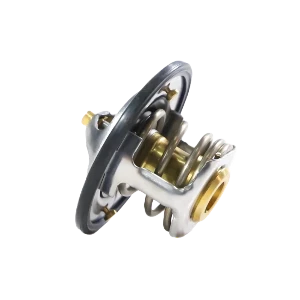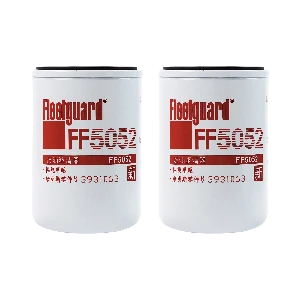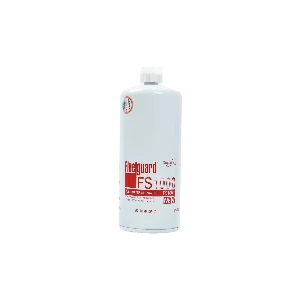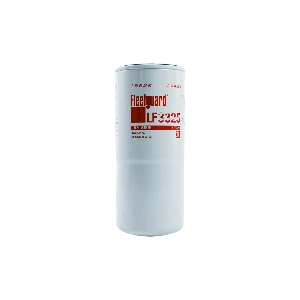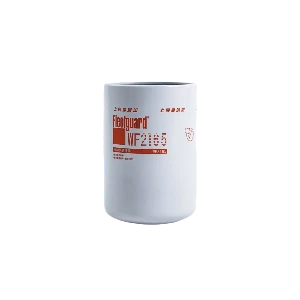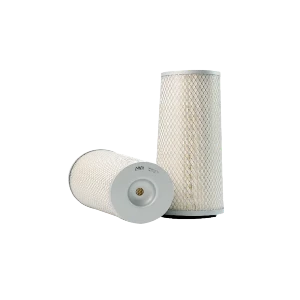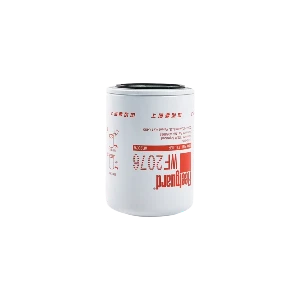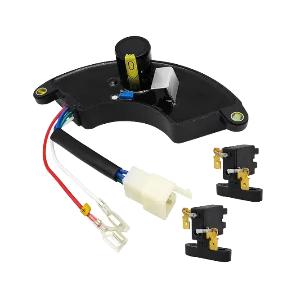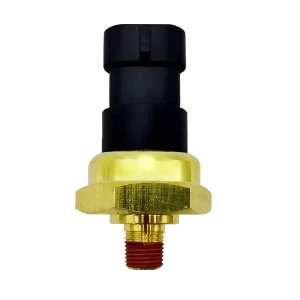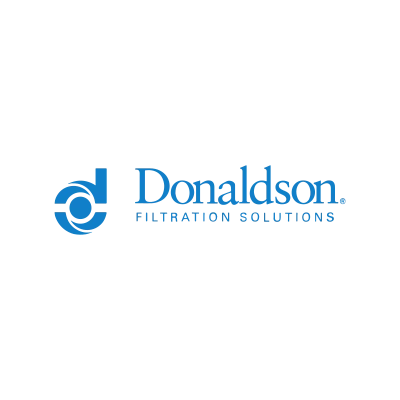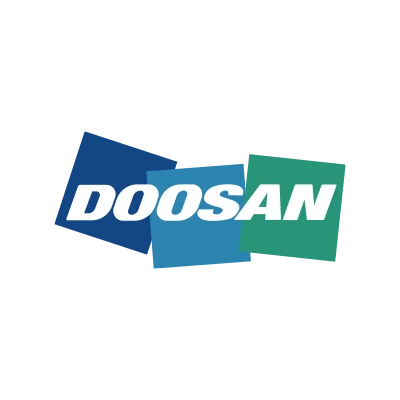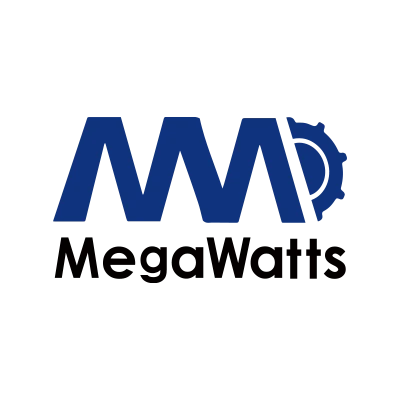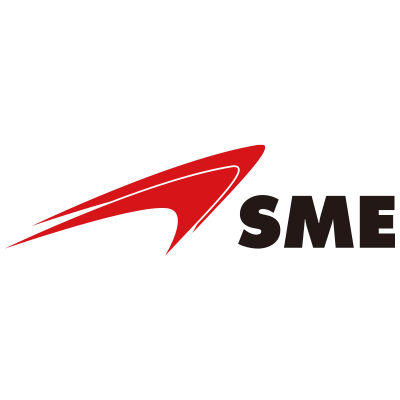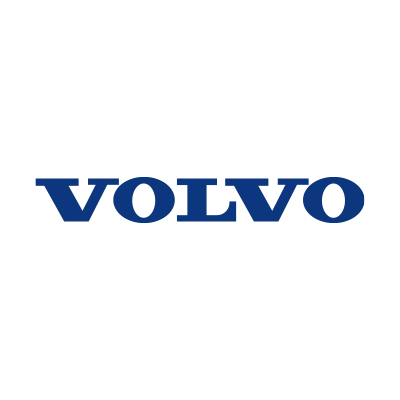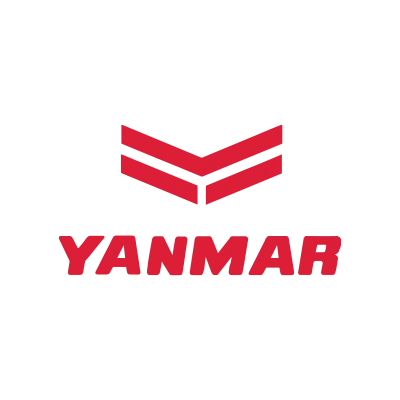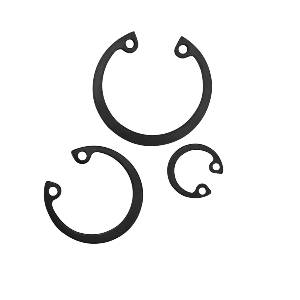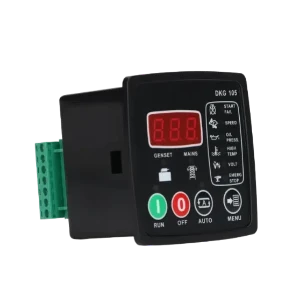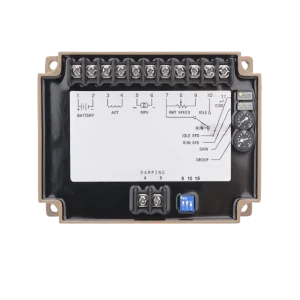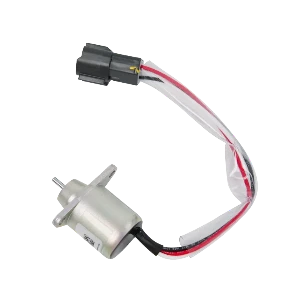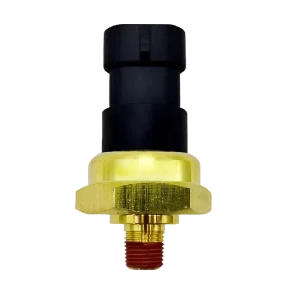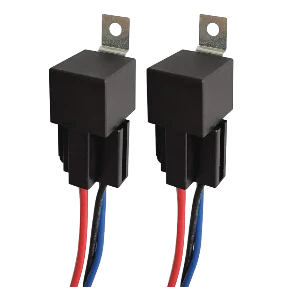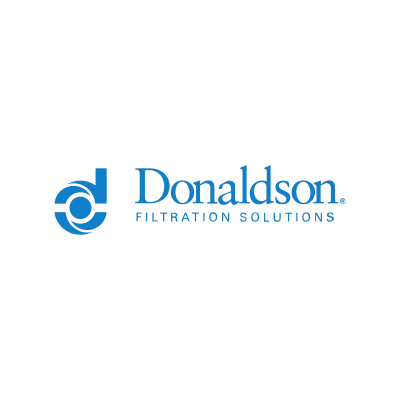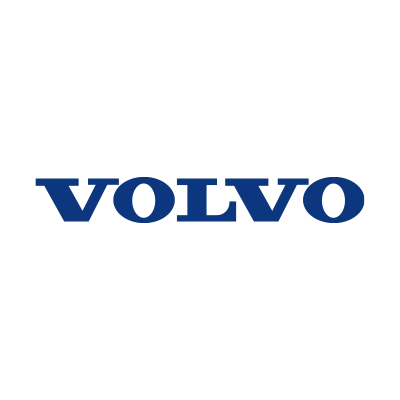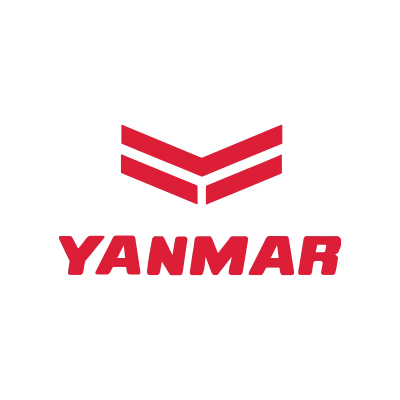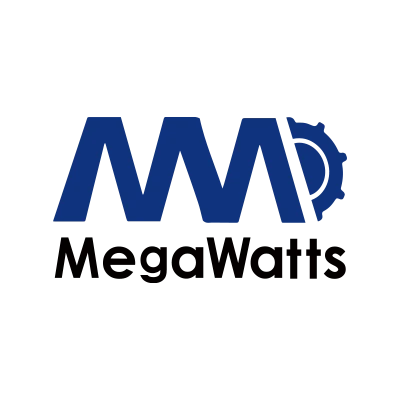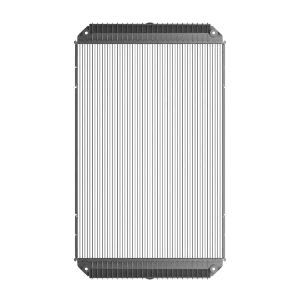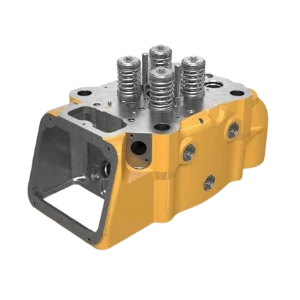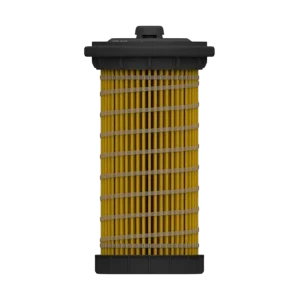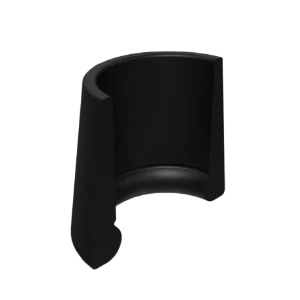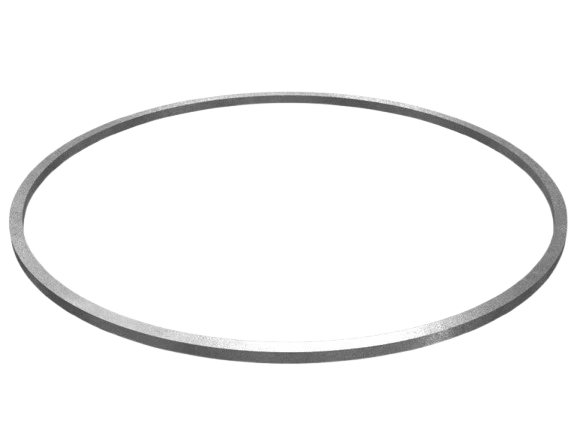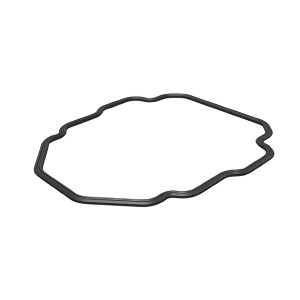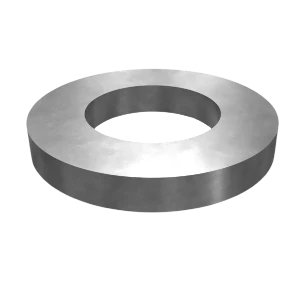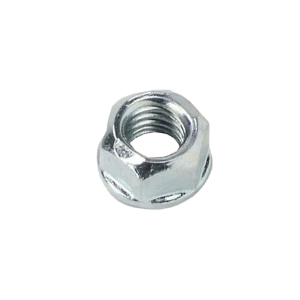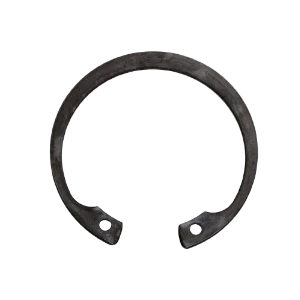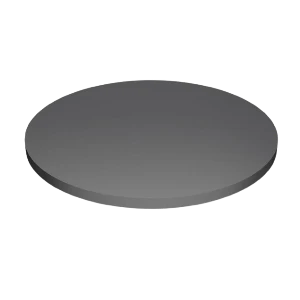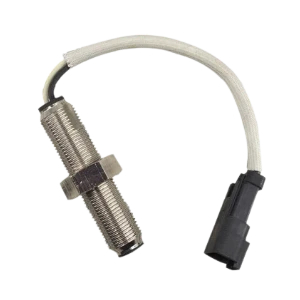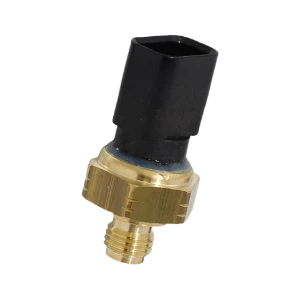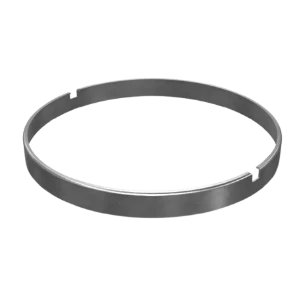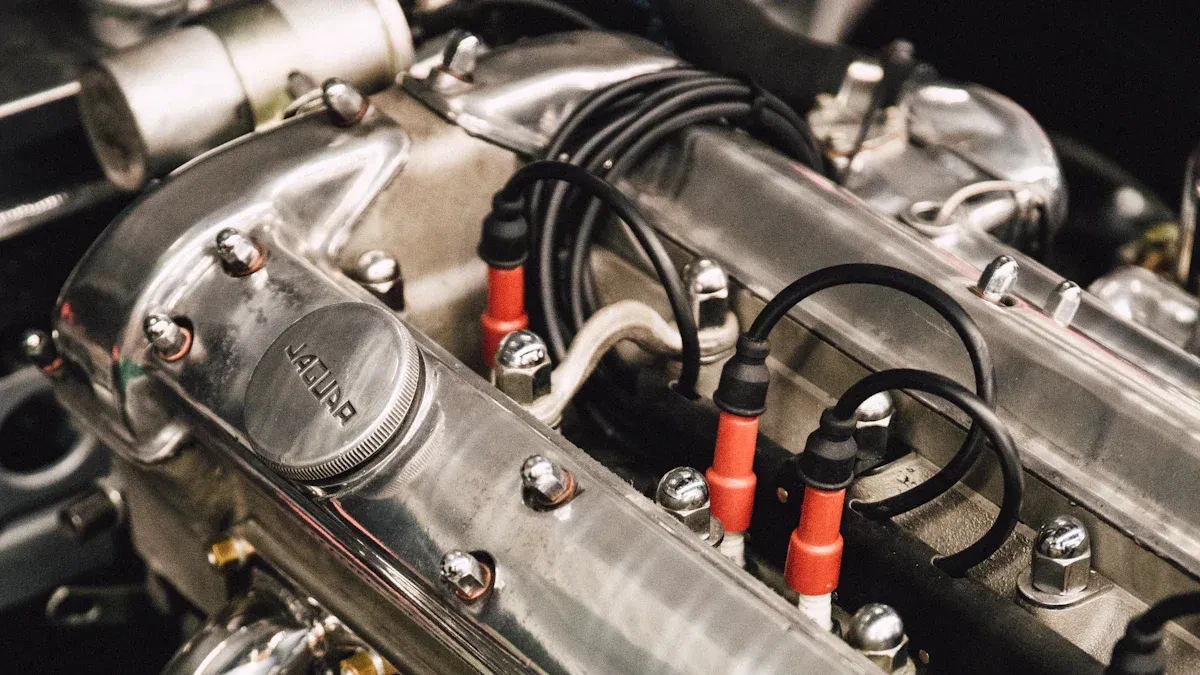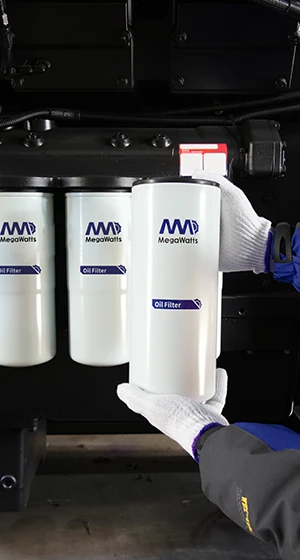Holiday Shipping Update
• China warehouse: Closed Feb 14-23 (Spring Festival)
• Saudi Arabia warehouse: Shipping as usual
Common Faults of Diesel Generators
1. Difficulty Starting:
Check if the starter battery is fully charged; maintain or replace it if necessary.
Ensure there is sufficient fuel and check if the diesel pump is functioning normally.
Inspect the engine for loose screws and ensure all connections are secure.
2. Overload:
If the generator is overloaded, quickly reduce the load and monitor the temperature of all parts of the generator to ensure it does not exceed the specified value.
Check the cooling air temperature and whether the dust filter is clogged, and clean it if necessary.
3. Abnormal Temperature:
If the temperature of the generator's windings and core abnormally increases, quickly reduce the load and check whether the cooling system is functioning properly.
Check whether the inlet and outlet valves of the air cooler are closed to ensure proper cooling airflow.
4. Fuel system issues:
If water is present in the fuel, replace the fuel and consider installing a fuel/water separator.
If the fuel filter is clogged, replace it regularly to ensure smooth fuel flow.
5. Electrical faults:
Check if the electronic governor is functioning normally and ensure the throttle and ramp speed potentiometers are correctly set.
If the generator's instrumentation malfunctions during operation, inspect the instruments and their circuits for damage.
Maintenance Recommendations
Regularly inspect and maintain the diesel generator, including replacing the air filter and fuel filter to prevent blockages.
In low-temperature or high-altitude environments, appropriately extend the idle running time to ensure the engine warms up properly.
Record the generator's operating status, promptly identify and address any abnormalities to extend the equipment's service life.
By following the above methods, common faults in diesel generators can be effectively addressed to ensure their normal operation.
A team of experts obsessed with spare parts of generator sets and construction equipment.
-
Previous Post:
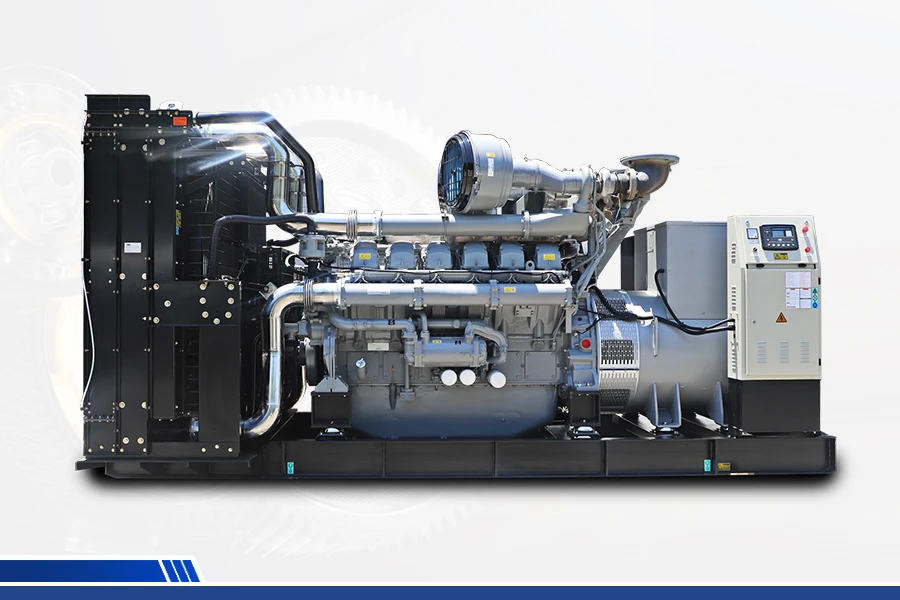 BLOGMegawatts BlogIntroducing the components of a diesel engineIntroducing the components of a diesel engine A diesel generator set is a type of internal combustion generator set and is currently one of the most widely used power generation devices in the world....
BLOGMegawatts BlogIntroducing the components of a diesel engineIntroducing the components of a diesel engine A diesel generator set is a type of internal combustion generator set and is currently one of the most widely used power generation devices in the world.... -
Next Post:
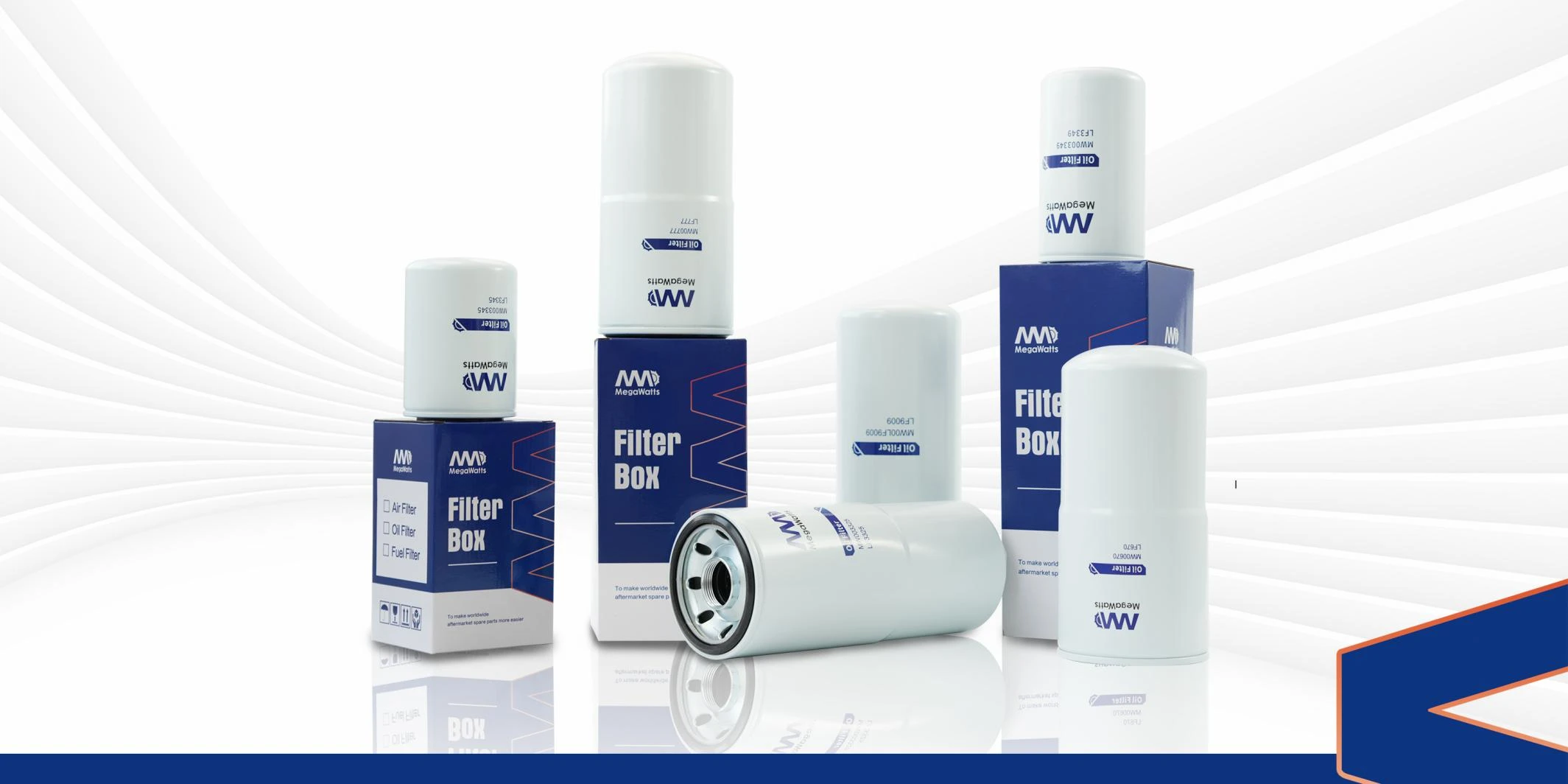 BLOGMegawatts BlogWhy We Created Megawatts: Mission, Values, and Our Generator Parts RangeMegawatts started with a simple goal: make it easier for people to find reliable and affordable generator parts and construction machinery parts. In many markets, buyers struggled with high OEM prices...
BLOGMegawatts BlogWhy We Created Megawatts: Mission, Values, and Our Generator Parts RangeMegawatts started with a simple goal: make it easier for people to find reliable and affordable generator parts and construction machinery parts. In many markets, buyers struggled with high OEM prices...
-
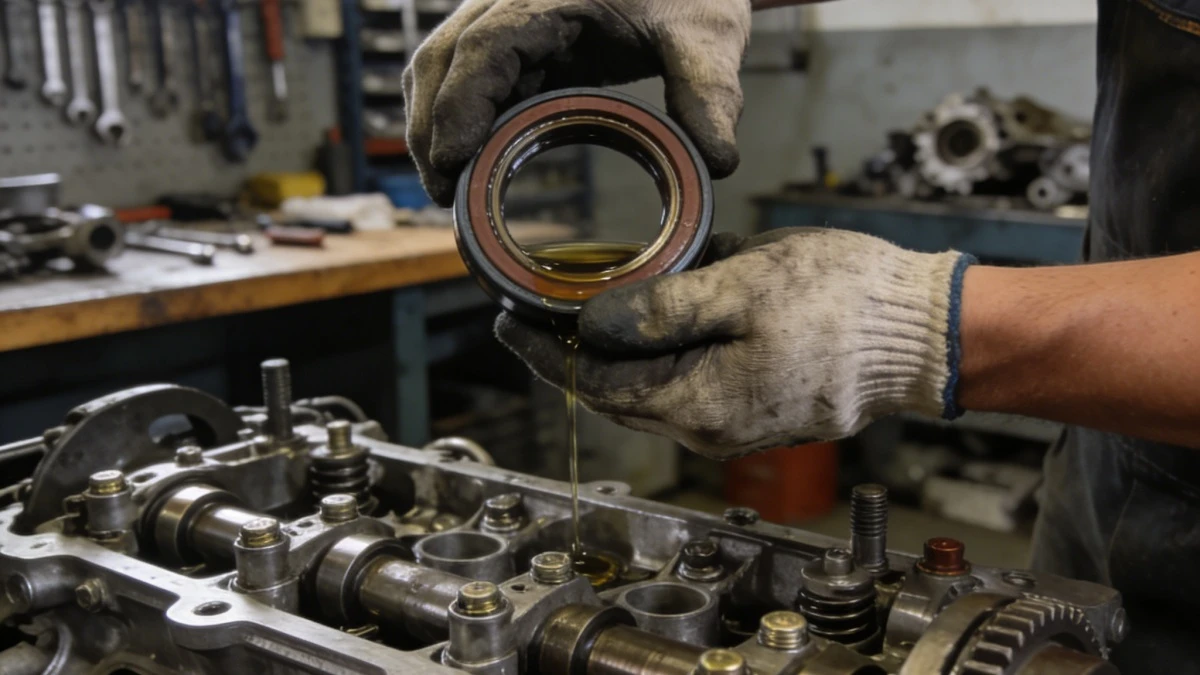 BLOGMegawatts BlogPreventing Catastrophic Engine Failure: The Importance of Proactive oil seal ReplacementIn industrial and heavy-duty applications, engine oil seals help control oil loss and contamination, both of which are common contributors to lubrication-related engine failures. Neglecting timel...
BLOGMegawatts BlogPreventing Catastrophic Engine Failure: The Importance of Proactive oil seal ReplacementIn industrial and heavy-duty applications, engine oil seals help control oil loss and contamination, both of which are common contributors to lubrication-related engine failures. Neglecting timel... -
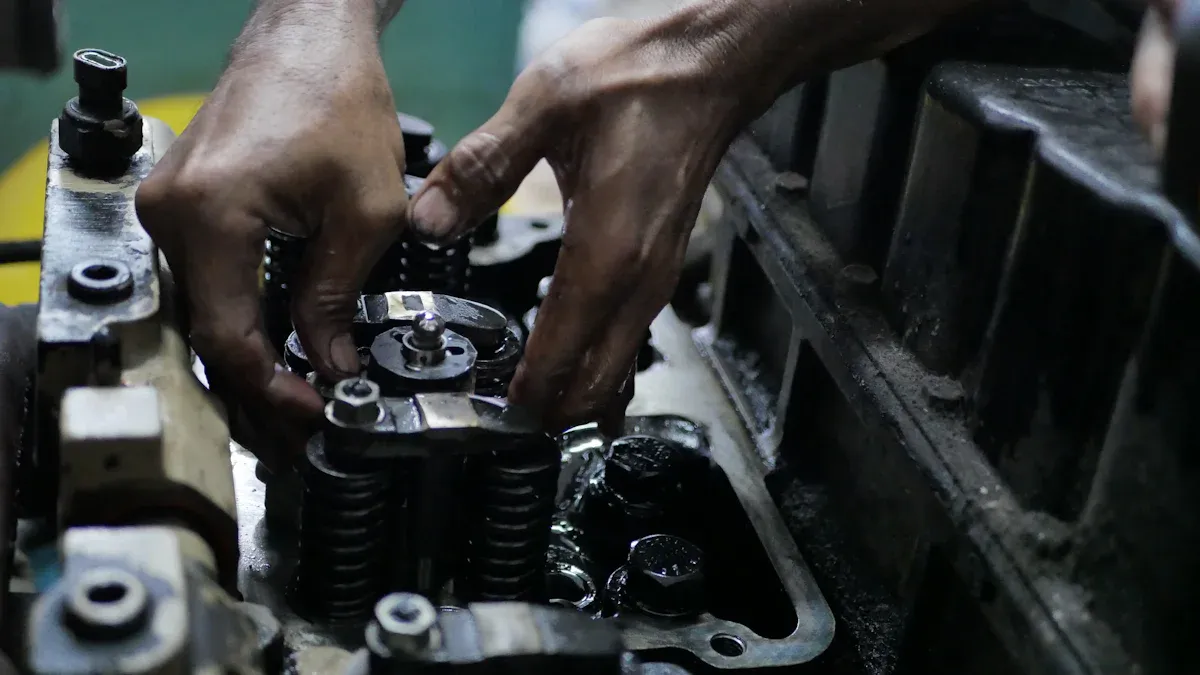 BLOGMegawatts BlogPrevent Engine Overheating: How to Choose the Right Thermostat for Cummins and Perkins SystemsPoor temperature control in diesel engines often stems from choosing the wrong thermostat, leading to inefficient cooling and potential engine failure. For Cummins and Perkins systems, precise compone...
BLOGMegawatts BlogPrevent Engine Overheating: How to Choose the Right Thermostat for Cummins and Perkins SystemsPoor temperature control in diesel engines often stems from choosing the wrong thermostat, leading to inefficient cooling and potential engine failure. For Cummins and Perkins systems, precise compone... -
 BLOGMegawatts BlogGenerator Engine Diagnosis: Black Smoke vs. White Smoke vs. Blue SmokeGenerator engine diagnosis plays a critical role in protecting your equipment and avoiding unnecessary downtime. You must never ignore signs like black, white, or blue smoke, as these often signal und...
BLOGMegawatts BlogGenerator Engine Diagnosis: Black Smoke vs. White Smoke vs. Blue SmokeGenerator engine diagnosis plays a critical role in protecting your equipment and avoiding unnecessary downtime. You must never ignore signs like black, white, or blue smoke, as these often signal und...
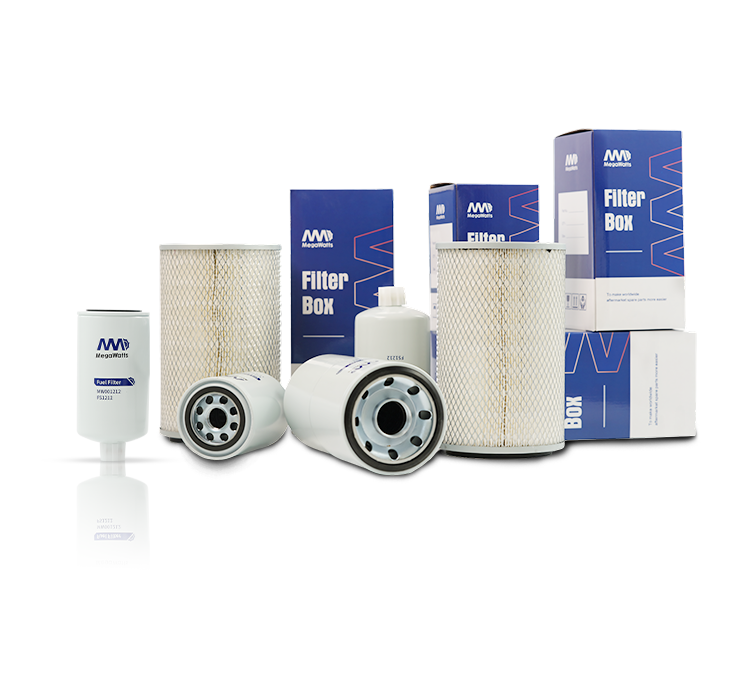
-
INFORMATION
-
CHINA SALES OFFICE: No. 2-11, No. 8, Gaotai Road, Gaishan Investment Zone, Cangshan District, Fuzhou, Fujian
-
SAUDI ARABIA FACTORY: 7264 Shakra, Al Faisaliyyah, REFB3035, 3035, Riyadh 12883
-
COLOMBIA SALES OFFICE: 92-32 26th Street, 03-118, Bogota
-
NIGERIA FACTORY: Plot 5 Chivita Avenue Ajao Estate Isolo Lagos
-
Email:sales@megawattsparts.com
Select Previous Button or Search Directly on Search Bar!
 English
English

You agree to MegaWatts.com's Terms of Use and Privacy Policy by subscribing. You may receive emails with useful tips, promotions, and offerings.





